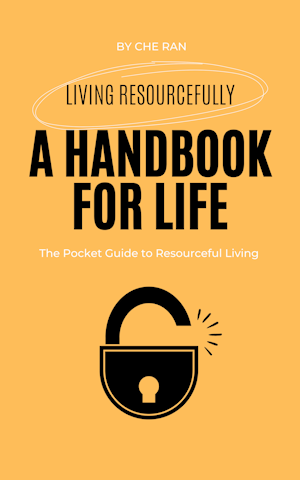David Emerald Quotes
Persecutors, like Victims, act out of fear. The may seem fearless, but actually Persecutors are almost always former Victims.
David Emerald
Persecutors fear loss of control. Rescuers fear loss of purpose. Rescuers need Victimssomeone to protect or fixto bolster their self-esteem.
David Emerald
Give yourself the gift of time in coming to answers for your lifeIt takes time, and a lot of introspection and soul-searching, to get clear about what you really want to manifest in your life.
David Emerald
Some of the steps you take may end up being detours or out-and-out mistakes. By staying focused on your vision, though, you’ll find even those steps useful in the creating process.
David Emerald

A Rescuer isnt always a person. Addictions to alcohol or drugs, sexual addiction, workaholismall the ways we numb outcan rescue the Victim from feeling his or her own feelings.
David Emerald
Living from the Creator Orientation is actually more challenging. In the Victim Orientation, I didnt have to exercise conscious choice; I just reacted to my circumstances.
David Emerald
When you inhabit any of these three roles, youre reacting to fear of victimhood, loss of control, or loss of purpose. Youre always looking outside yourself, to the people and circumstances of life, for a sense of safety, security, and sanity.
David Emerald
Every Victim requires a Persecutor. But the Persecutor isnt always necessarily a person. The Persecutor could also be a condition or a circumstance. A persecuting condition might be a disease or a heart attack, or an injury. A persecuting circumstance could be a natural disaster, like a hurricane or an earthquake or a house burning down.
David Emerald
Victims may be defensive, submissive, over-accommodating to others, passive-aggressive in conflict, dependent on others for self-worth, overly sensitive, even manipulative. Theyre often angry, resentful, and envious, feeling unworthy or ashamed about their circumstances. Have you ever felt or acted this way?
David Emerald
One of the fundamental differences between the Victim Orientation and this one [Creator] is where you put your focus of attentionFor Victims, the focus is always on what they dont want: the problems that seem constantly to multiply in their lives. They dont want the person, condition, or circumstance they consider their Persecutor, and they dont want the fear that leads to fight, flee or freeze reactions, either. Creators, on the other hand, place their focus on what they do want. Doing this, Creators still face and solve problems in the course of creating outcomes they want, but their focus remains fixed on their ultimate vision.
David Emerald
The Coach is the antidote to the Victims Rescuer in the DDTMainly, a Coach supports, assists, and facilitates the Creator in manifesting a desired outcome. A Coach holds others to be whole, resourceful, and creativeThey help you dig deep inside yourself to gain clarity about what you want to create in your life.
David Emerald
The way you talk about yourself and your lifeyour storyhas a great deal to do with what shows up in your day-to-day experience. Your thoughts create filters through which you view your life. If you think of yourself as a Victim, you filter all that happens to you through the lens of DDT, and you find plenty of evidence to support that viewpoint. Thats why the orientation you adopt is so important: it exerts a powerful influence on your life direction.
David Emerald






